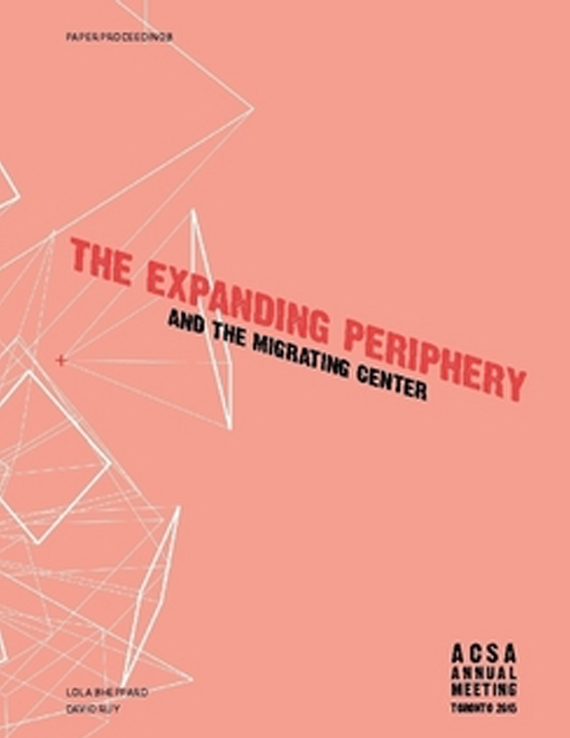Author(s): Erkin Ozay
In the context of shrinking public budgets and reformist pressures, current education planning processes in the US tend to overlook crucial spatial parameters. Mainstream school building practices are also highly prescriptive, limiting the possibility of synthetic and multi-scalar approaches. At the same time, the contemporary public school project is in dire need of a new conceptual framework to address emerging procedural and urban factors. The paper gives a brief account of the post-World War II era research on schools as a precedent for constructing such a framework. It then discusses potential openings for effective architectural practice in the context of educational facilities through two cases of collaborative engagement. In order to arrive at a potent socio-material practice capable of rethinking our public institutions, the paper emphasizes the need to confront procedural and urban indeterminacies head-on.
Volume Editors
David Ruy & Lola Sheppard
ISBN
978-0-935502-95-4

 Study Architecture
Study Architecture  ProPEL
ProPEL 
